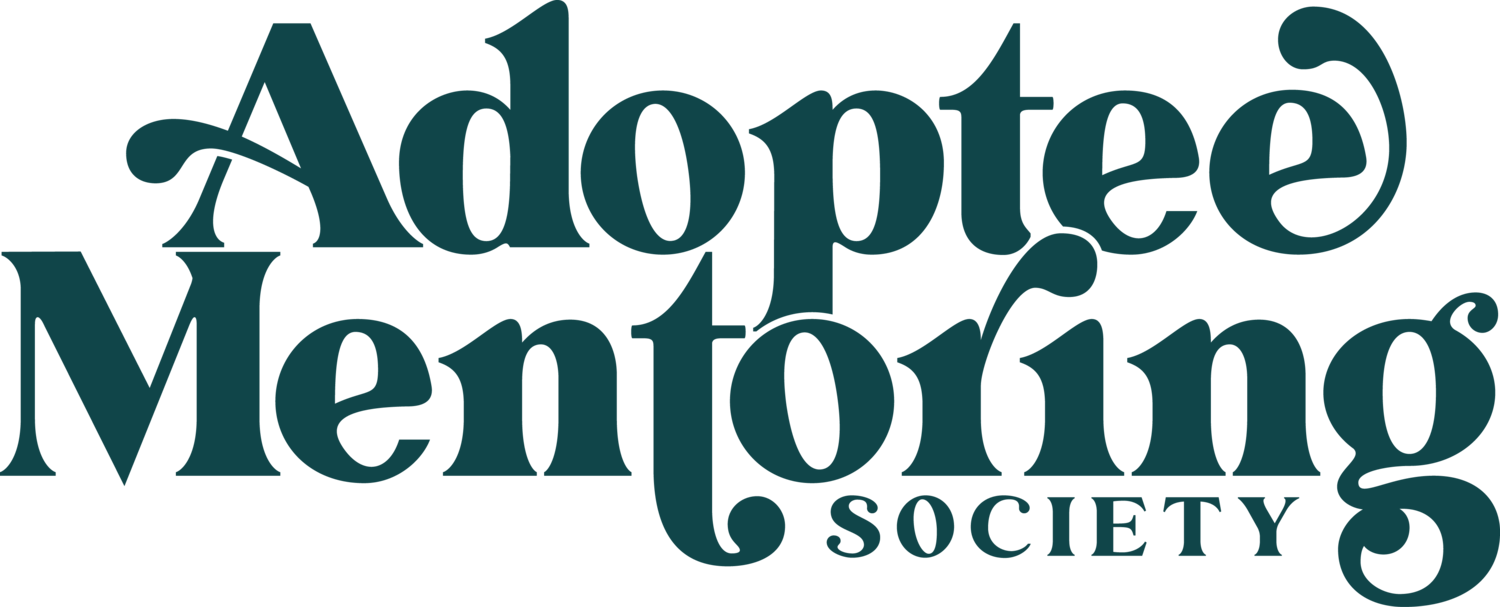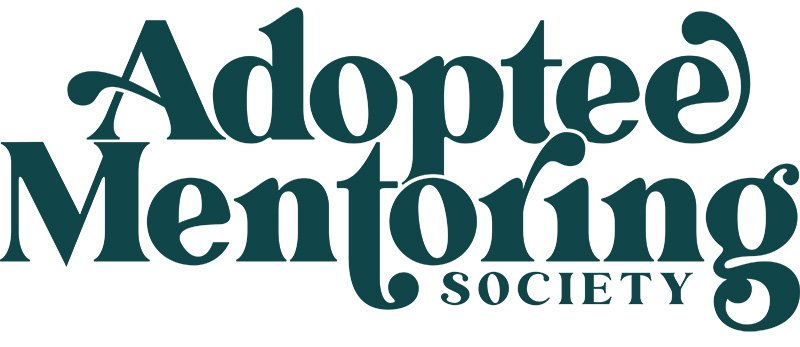
Comprehensive training for trauma-informed mentorship.
The Mentor Training Curriculum
Mentors are integral to the Adoptee Mentoring Society. AMS provides specialized training, access to an extensive resource library, and ongoing support through monthly consultations and staff check-ins.
-
Our two-day, in-person mentor training is designed to equip mentors with the knowledge, skills, and confidence to support adoptees in meaningful and transformative ways. Grounded in best practices for trauma-informed mentorship, our curriculum includes hands-on training in motivational interviewing, strategic storytelling, racial awareness, and the Adoptee Consciousness Model—all taught through immersive role-play, reflection exercises, and empathic listening techniques.
This high-caliber program ensures that every mentor is prepared to build strong, supportive relationships while maintaining healthy boundaries and fostering growth. Through expert-led sessions, mentors will develop the tools to engage in thoughtful, identity-affirming conversations that empower adoptees at every stage of their journey.
-
We embrace radical acceptance, offering unconditional positive regard to all mentees while fostering an environment of respect and support.
Our approach is inch wide, mile deep, prioritizing meaningful, transformative work over surface-level efforts.
We trust that the right people, timing, and outcomes will naturally emerge, staying present and open to the conversations and opportunities that unfold.
Lastly, we honor time and closure, ensuring we begin, end, and engage with intention while accepting that non-closure can be a valid stopping point.
-
Our mandatory Monthly Reflective Consulting groups provide our mentors with a dedicated space to process their experiences, refine their approach, and deepen their understanding of adoptee-centered mentorship. Led by Spring Hecht, an MSW, LICSW with lived and professional expertise in adoption, these sessions offer professional guidance, research-based insights, and peer discussions on complex mentorship dynamics. Through case studies, ethical considerations, and reflective practice, mentors strengthen their ability to support adoptees with empathy, cultural awareness, and trauma-informed care.
Meet The Trainers
-

Spring Hecht, LICSW
Spring Hecht is an adoptee, therapist, and Licensed Independent Clinical Social Worker (LICSW) with over 20 years of experience supporting children, families, and individuals. She served as Vice President of Social Services at a leading foster care and adoption agency and has held leadership roles with the Washington Adoption Reunion Movement (WARM) and the Vashon Island School Board. Spring specializes in trauma and attachment therapy, with certifications in Trust-Based Relational Intervention (TBRI), EMDR, and Internal Family Systems (IFS).
-

Bonni Goodwin, PhD, LCSW
Bonni Goodwin is an Assistant Professor at the Anne and Henry Zarrow School of Social Work and Director of the Center for Adoption and Family Well-Being at the University of Oklahoma. She also serves as the Statewide Coordinator of Adoption Preservation Services for Oklahoma Human Services. Dr. Goodwin’s research focuses on adoption, permanency, and mental health, and she provides training, consultation, and policy work at the state and national levels to improve services for adoptive families and adult adoptees.
-

JaeRan Kim, PhD, MSW
JaeRan Kim is a scholar, researcher, and adoptee whose work focuses on adoption, child welfare, disability, and race. She developed the Adoptee Consciousness Model, which explores adoptees’ evolving awareness of identity, agency, and experience. Dr. Kim is an Associate Professor and BASW Program Chair at the University of Washington - Tacoma. and the author of Harlow’s Monkey, a widely respected blog on adoption, race, and social justice.
-

Robin DiAngelo, PhD
Robin DiAngelo, a leading scholar in Whiteness Studies, coined the term White Fragility in 2011, sparking global discussions on race. A bestselling author and racial equity educator, she works with organizations to address systemic racism. Her research and consulting challenge white people to confront racial bias and engage in meaningful anti-racist work.

